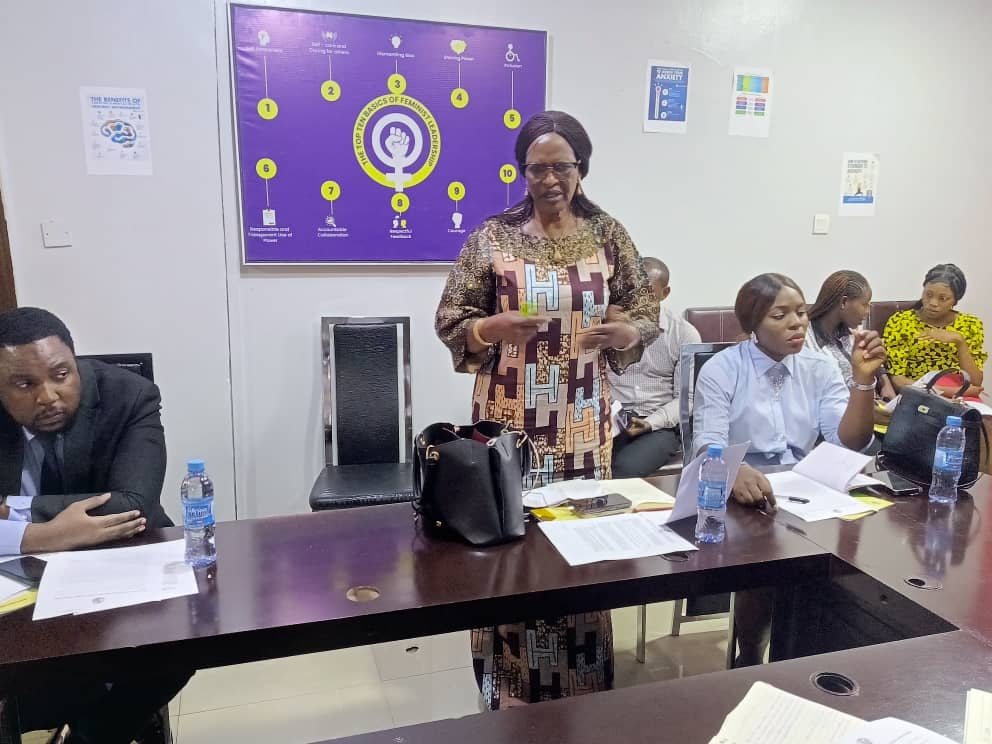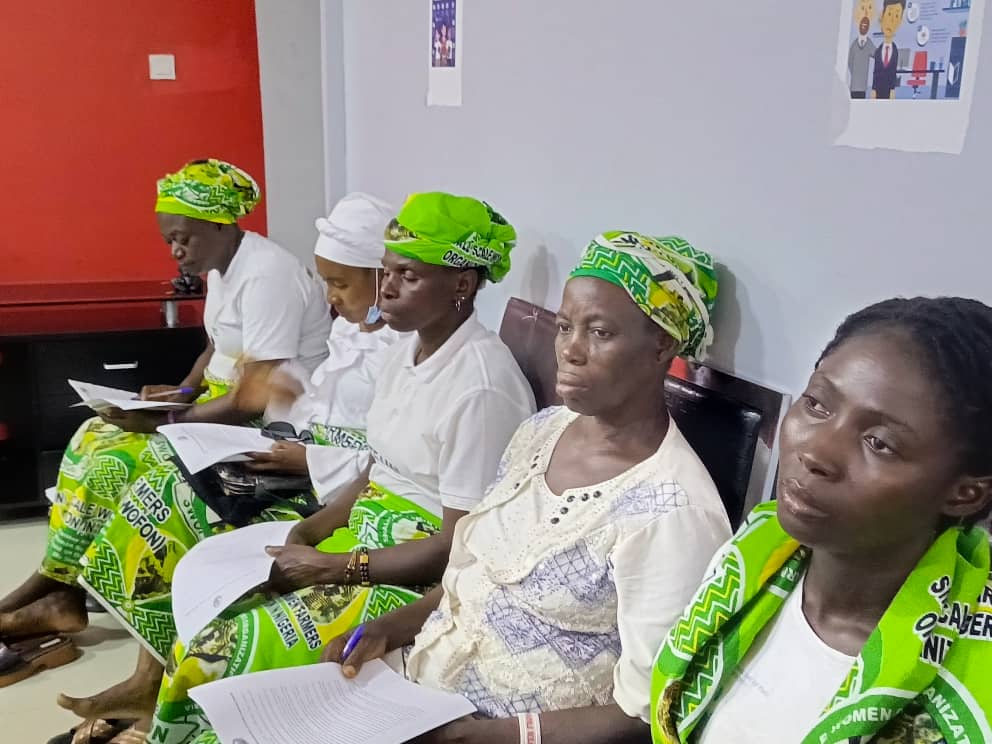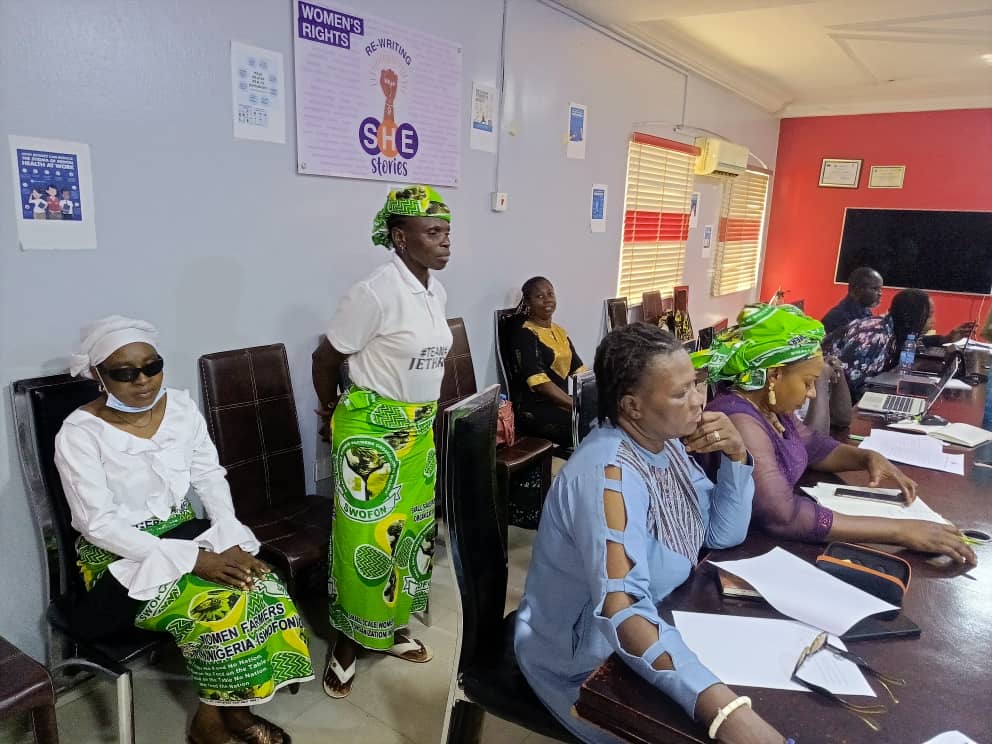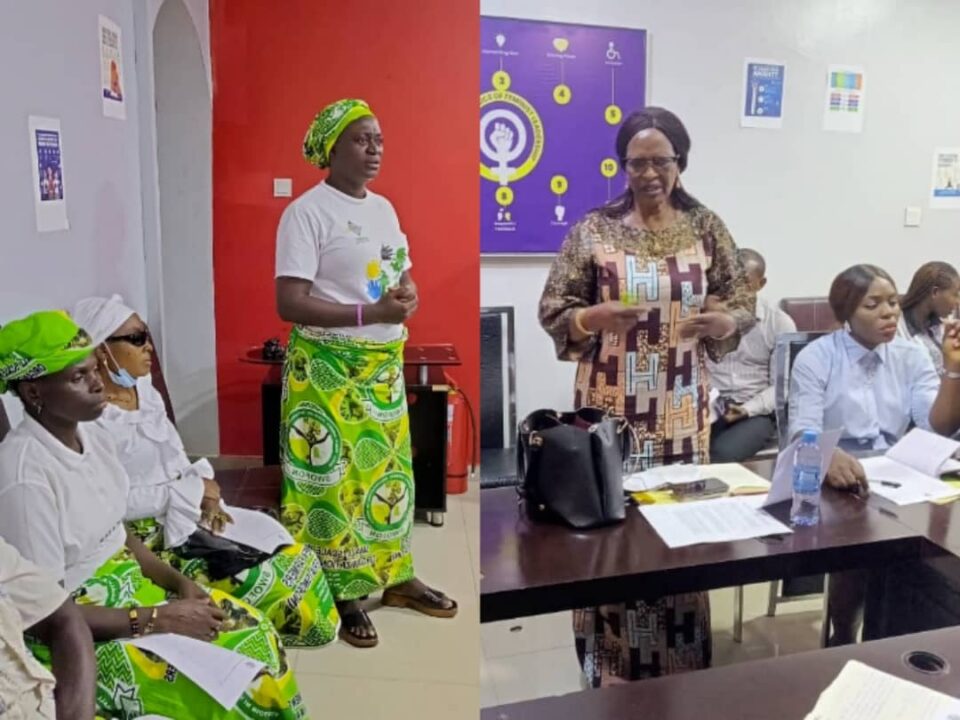By Felix Khanoba
The SmallScale Women Farmers Organisation in Nigeria (SWOFON) has called on the Federal Capital Territory Administration (FCTA) to declare a state of emergency over insecurity that is preventing farmers, especially women, from accessing their farmlands.
The organisation made this appeal during its FCT State Level Interactive Forum held in Abuja on Wednesday, as part of events marking the International Day of Rural Women and World Food Day 2024.
SWOFON lamented that rising insecurity, coupled with other challenges, is severely affecting smallholder women farmers across the FCT.
Speaking at the event, organised in collorabation with ActionAid Nigeria, under the Scaling Up Public Investment in Agriculture (SUPIA) project, Comfort Sunday, SWOFON’s FCT Coordinator, stressed the urgent need for the FCTA to make significant investments in agriculture to achieve food and nutrition security in the nation’s capital.

She emphasized the importance of involving smallholder women farmers in the planning and budgeting processes for the agricultural sector, even as she called for their participation in both the development and implementation of the FCTA’s agricultural policies.
SWOFON, which is a coalition of women farmers associations, cooperatives and other relevant stakeholders, also urged the FCTA to provide tricycles (Keke) to women farmers at subsidized rates to ease the transportation of farm produce to markets.
The group called on both the FCTA and area councils to commit to implementing the Gender Policy in Agriculture, even as it emphasized the need for timely budget allocation, complete fund disbursement, and execution of agricultural projects to align with the seasonal nature of farming.
SWOFON outlined several other demands to improve agricultural productivity in the FCT, which include; provision of storage facilities, including solar-powered boreholes, cold rooms, and fish-smoking facilities, for livestock farmers.
Ensuring equal access to fertilizers, seeds, and other essential inputs for male and female farmers to enable smallholder women farmers to participate effectively in dry-season farming.

Investment in measures to reduce post-harvest losses through processing and storage facilities, market access, and climate resilience initiatives.
Expansion of agricultural extension services and the introduction of gender-sensitive training programs to equip women farmers with modern farming techniques.
Allocation of arable farmland to women’s cooperatives to counter the loss of agricultural land to commercial projects.
SWOFON also emphasized the need for improved research on climate-resilient agricultural practices, along with easier access to credit facilities, including zero-interest loans and grants.
The group urged the government to address infrastructure gaps such as feeder roads and water access, which hinder farmers’ market access.
The women’s farmers group further called on the government to streamline NAFDAC registration processes to help smallholder farmers access opportunities in wholesale, export, and distribution markets.

Earlier, SWOFON’s SUPIA Project Lead, Chika Orji, stressed the importance of addressing the challenges faced by smallholder women farmers to enhance household incomes and improve living standards in rural communities and across the FCT.
The interactive forum drew participation from various stakeholders, including SWOFON FCT representatives from multiple area councils.
Among those present were Mercy Nnanna from Kuje, Laraba Shuaibu from Bwari, Olabisi Ogedegbene from Gwagwalada, and Asibi Gade from Kwali, alongside other stakeholders.



